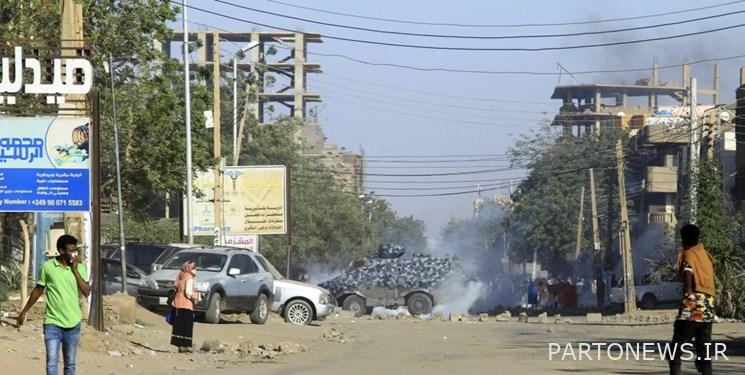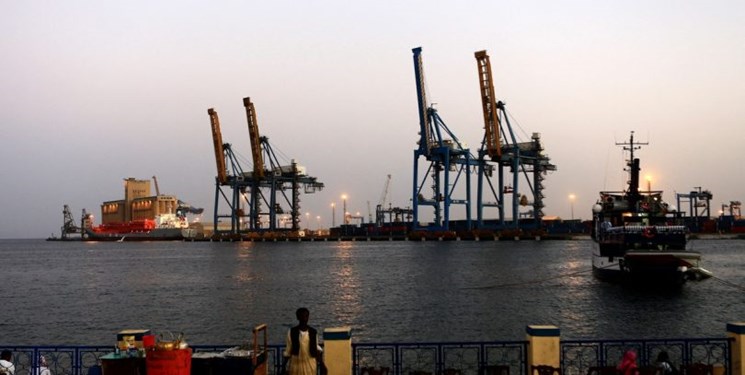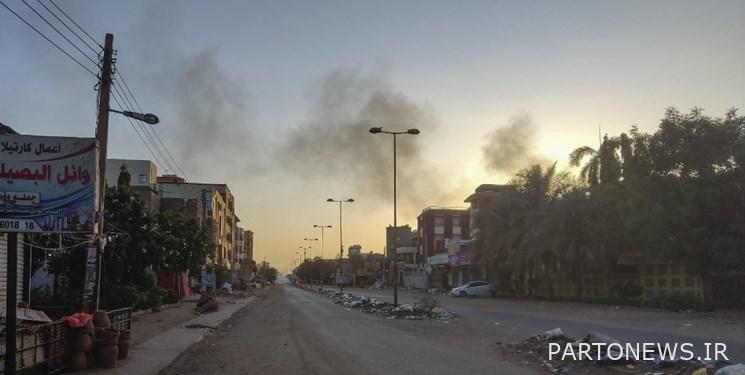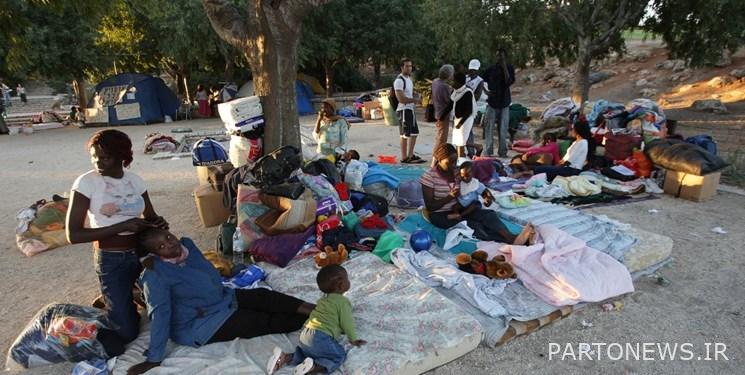The withdrawal of one billion dollars of foreign investment from Sudan

According to the report of the International Economic Group of Fars News Agency, Abu Bakr Al-Dib, a researcher of international relations and political economy of Egypt, said that the current military conflict in Sudan will lead to a severe economic crisis.
In an interview with Sputnik news agency, he added: The effects of the war may spread to seven countries neighboring Sudan and 13 countries close to it with a population of at least 750 million people, which threatens these countries with economic, social and political crises.
Stating that Libya, Chad, Central Africa, South Sudan, Ethiopia and Eritrea are among the most prominent countries that will be affected by the crisis of the Sudan war, Al-Dib said: the fear of the spread of the unrest in Sudan to these countries or the worsening of the security environment for these countries The African region exists in a wider area.
This Egyptian researcher said: More than one billion dollars of foreign direct investment has left Sudan in the last 10 days, and we expect this figure to increase in the coming period, and at least 20 billion dollars will go out from Sudan’s neighboring countries.
* Port Sudan port
There are countries around Sudan that are economically and commercially closed and do not have ports or sea exits, and they depend on Sudan to meet their needs from the outside through Port Sudan, and Sudan is a gateway for trade with the outside world for these countries, including The countries are Chad, South Sudan, Ethiopia and other countries.

The Egyptian economist says about the impact of the Sudan war on Egypt that the Egyptian economy has flexibility due to successive international crises such as the consequences of the Corona virus, the crisis in Russia and Ukraine, and Western sanctions against Russia, and the impact of the Sudan war on it is weak and temporary.
Al-Dib added: Egypt and Sudan are related to 3 economic institutions, namely the Arab Free Trade Zone, the African Continental Free Trade Zone, and also the COMESA Agreement, which means that war means damage to trade exchanges between Egypt and Sudan.
He emphasized: Since the value of trade between Egypt and Sudan increased by 18.2 percent during 2022 and reached 1.434 billion dollars compared to 1.212 billion dollars in 2021, so the war crisis in Sudan can cause The price of some goods coming from Sudan may be temporarily increased before Egypt guarantees those goods from another country.

* Gold production
Al-Dib said that the relationship of African countries, especially Ethiopia, with Sudan in their neighborhood has a negative effect on them, because they rely on these ports for international trade, in addition to the fact that their goods pass through Sudan’s Port Said port.
According to World Bank estimates, Sudan’s gross domestic product reached 34.3 billion dollars at the end of 2021, and the economic growth rate reached 0.3% at the end of 2022, and Sudan is considered one of the poorest countries in the world. Despite being the third largest producer of gold in Africa.
Sudan’s budget relies on tax revenues, and international aid to the country has been frozen for decades, but these revenues are also under threat amid expectations of further economic stagnation and despite the country’s GDP in local currency rising five times over the past five years. It has equalized, but the purchasing power of the local currency has greatly decreased.
Abu Bakr al-Dib added that according to the United Nations Office for the Coordination of Humanitarian Affairs, Sudan’s trade deficit has increased to $4.568 billion over the past five years, as humanitarian needs in Sudan are at their highest, exceeding $1.7 billion. Dollars are needed to provide humanitarian assistance and protection to 12.5 million people.

* Internal disputes
Al-Dib emphasized that the government of Khartoum has taken several measures to support its economy and public budget, but the dispute between the military and the support forces quickly escalated the situation, threatening to slow growth and the loss of foreign investment.
This economist added: Airports, ports, electricity and water stations, and infrastructure in general have been destroyed in Sudan, and the lives of citizens are threatened, and more than one billion dollars of foreign direct investments have been withdrawn from this country, because investment is needed. to political and economic stability.
This expert said: Sudan’s conflicts have dealt a severe blow to the country’s main economic center in Khartoum, the capital, and stopped trade, industry, and agriculture, as well as threatened exports and imports, created a liquidity crisis, and harmed the Sudanese people. A third of them depend on humanitarian aid.
end of message/
You can edit this article
Suggest this article for the first page

